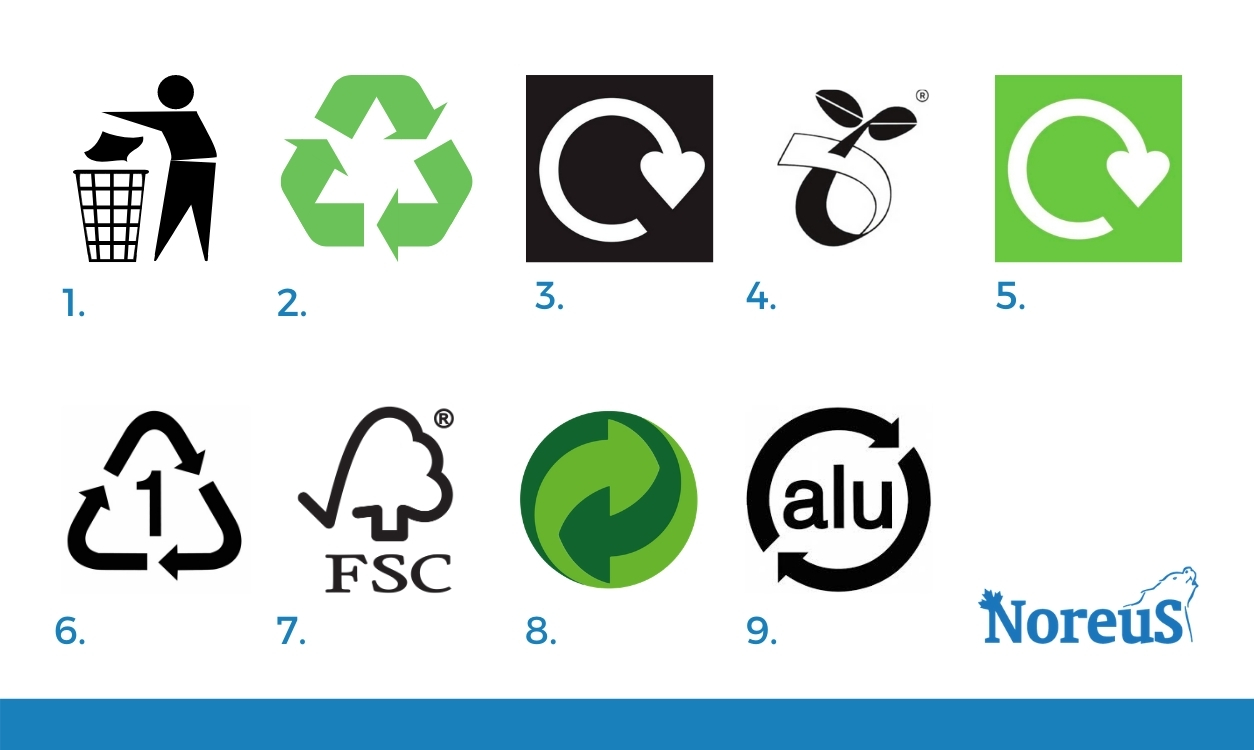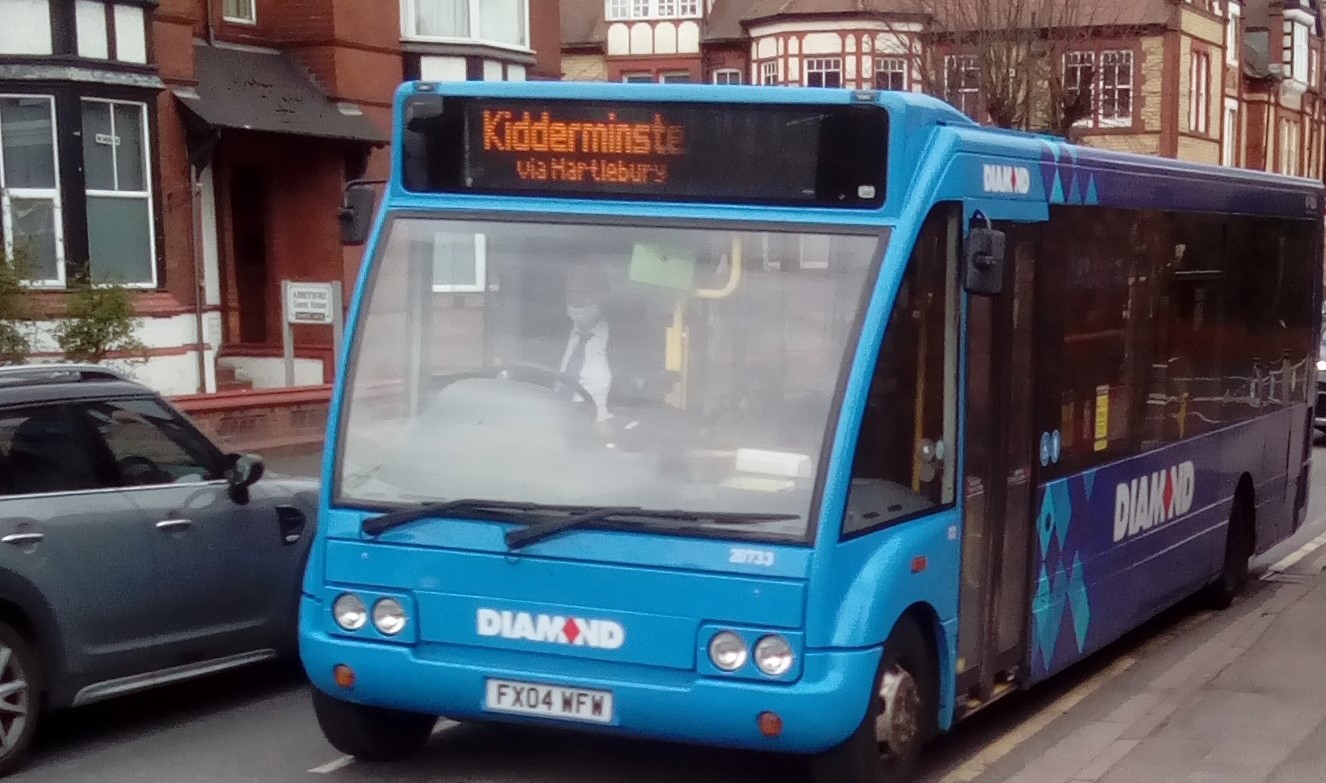
We’re halfway there to being carbon neutral by 2050
A “tremendous achievement is how a Midlands green energy expert described last week’s announcement that Britain is already at the halfway point in its 60-year goal of being carbon neutral by 2050.
“It’s great news,” said Ron Fox, “but we mustn’t take our foot off the gas as these figures are partly due to lockdown.”
Greenhouse gases have fallen by 51 per cent against the government’s baseline for measuring progress towards net zero. Also, carbon dioxide emissions have dropped by 13 per cent last year to the lowest level in nearly 150 years since 1879 when Benjamin Disraeli was Prime Minister. The only exception was in 1926 when the general strike saw the figures plummet.
A reduction in traffic and industry during the pandemic led to emissions falling at the fastest rate in 30 years, but the drop in the use of coal and the closure of coal-fired power stations were the largest contributing factors.
To put that in context, said Ron, of Noreus Ltd on the University of Keele Science and Innovation Park, coal supplied 67 per cent of Britain’s energy in 1990, last year it was just 1.6 per cent.
On top of that no coal was burned to generate electricity on 180 days last year, according to the website Carbon Brief.
Encouragingly, Ron said, in 1990, two-thirds of electricity came from coal, 10 per cent from oil and just 2 per cent from renewables, but by 2020 the UK was generating more power from wind, solar, biomass and hydro than fossil fuels for the first time in its history.
But he pointed out that Britain still pumped 306 million tonnes of carbon dioxide into the atmosphere last year, although that is down from 794 million tonnes in 1990.
However, Ron was worried that emissions were likely to increase as the economy recovered and people wanted to travel after lockdown. He also thought the second part of being carbon neutral by 2050 would be very challenging in areas such as housing and transport.
“We need to invest in zero-carbon replacements for the high-carbon assets we use every day, such as our cars and vans, our gas boilers, plants and machinery in industry.”
While electric vehicle sales now make up more than 10 per cent of new cars, they only account for 1 per cent of cars on the road, with a negligible impact on transport emissions which have dropped little in the 30 years since 1990.
“We also need householders to switch to greener energy and to make their homes less draughty with more insulation.”
Finally, he said Britain was in a strong position to encourage more countries to aim to be carbon neutral, to stop building new coal-fired power stations and phasing out existing ones when it hosts the UN international climate change conference in Glasgow in November.
“But I am confident by taking these steps plus planting trees to offset any emissions, we can be carbon neutral by 2050,” he concluded.
For more details about green energy and home insulation call Ron on 01782 756995.
Caption: Wind turbines and other forms of green energy have helped the UK to reach the halfway point in its 60-year goal of being carbon neutral by 2050.




